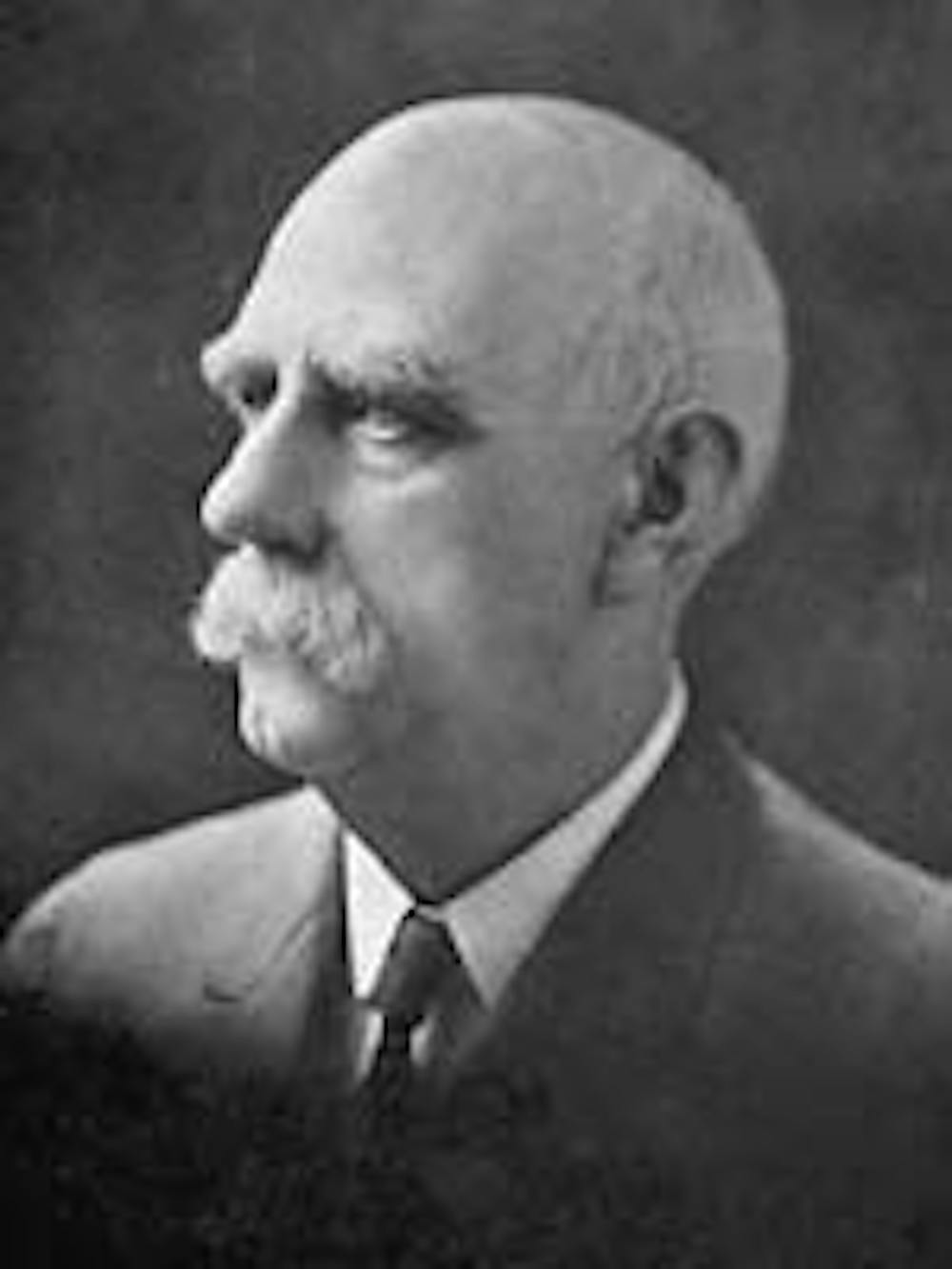Editor's note: In honor of the university's centennial year, The Daily News is counting down 100 days to the university's celebration Sept. 6 with 100 of Ball State's most famous traditions and figures. Check back each day to read about Cardinal history.
Before The Eastern Division of the Indiana State Normal school was created, William Parsons studied and worked at the Terre Haute branch of the school.
Parsons spent a total of 47 years at Terre Haute, and was about to retire when the new school, which would eventually become Ball State University, was built in 1918, according to Ball State’s website.
Instead of retiring, Parsons became the first president of the new school, which offered four-year, two-year and one-year education programs to students.
While the school’s first class was comprised of 380 students — which later dropped to 225 — it was able to maintain the conditions that caused four other attempts at creating a college in Muncie fail, according to Ball State’s website.
During his tenure, Parsons made $583.33 each month, according to the minutes recorded from a Board of Trustees meeting held April 3, 1919, and while he did not come to Muncie often — opting to work from his home in Terre Haute instead — he was known for his commitment to education.
The Oct. 16, 1925, issue of The Easterner, featured a column written by Benjamin Burris, Ball State’s third president, that said, “No other citizen in Indiana has done more than he in changing teaching from a temporary calling to a profession.
“He has been an ardent evangel, preaching eloquently, earnestly and effectively the gospel of public education.”
Parsons retired from presidency in 1921 and died in 1925.
“As one saw him actually in operation at the Indiana State Normal at Terre Haute and later at our own Eastern Division, one marvels at the composite qualities of which he was an embodiment,” Robert LaFollette said in a column published in the same issue of The Easterner. “President Parsons had the spirit of a scholar, skill as an administrator, warmth and loyalty in friendship, and an almost incomparable ability as a business executive and molder of public opinion on the educational issues in the state.”
Read more centennial content here.
Contact Brooke Kemp with comments at bmkemp@bsu.edu or on Twitter @brookemkemp.





